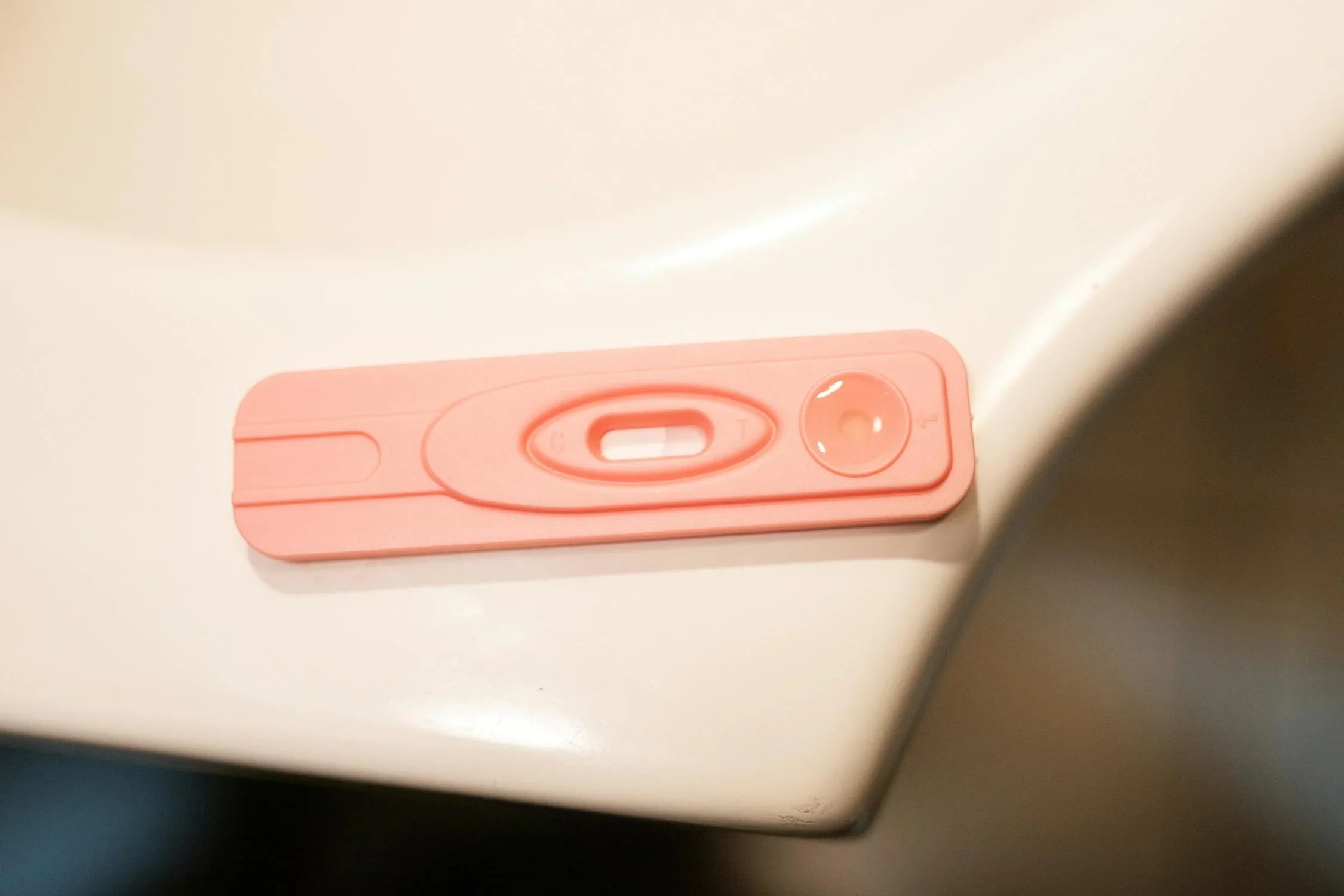Inicio
Pregnancy, Breastfeeding, and Pumping: The Ultimate Guide for Moms
How Long Can Urine Sit Before Pregnancy Test: A Comprehensive Guide

How Long Can Urine Sit Before Pregnancy Test: A Comprehensive Guide
When it comes to taking a pregnancy test, timing is everything. But what about the timing of the urine sample itself? How long can urine sit before a pregnancy test? This question is more important than you might think, as the integrity of the sample can significantly impact the accuracy of the results. Let’s dive into the details to ensure you get the most reliable outcome.
Understanding the Basics of Pregnancy Tests
Pregnancy tests detect the presence of human chorionic gonadotropin (hCG), a hormone produced during pregnancy. Most tests are designed to be used with fresh urine, but what happens if the urine isn’t fresh? The answer isn’t straightforward, as several factors come into play.
Factors Affecting Urine Sample Integrity
Several factors can influence how long urine remains viable for a pregnancy test. These include temperature, exposure to air, and the presence of contaminants. Let’s explore each of these in more detail.
Temperature
Urine is best kept at room temperature. Extreme temperatures, whether too hot or too cold, can degrade the hCG hormone, leading to inaccurate results. Storing urine in a refrigerator can extend its usability, but it must be brought back to room temperature before testing.
Exposure to Air
Exposure to air can cause urine to degrade more quickly. Bacteria and other contaminants can enter the sample, potentially affecting the test results. Always use a clean, airtight container to store urine if it cannot be tested immediately.
Contaminants
Contaminants such as soap, cleaning agents, or even residues from previous samples can interfere with the test. Ensure that the collection container is thoroughly cleaned and dried before use.
How Long Can Urine Sit Before Testing?
The general consensus is that urine should be tested within 30 minutes to an hour of collection for the most accurate results. However, if stored properly, urine can remain viable for up to 24 hours. Here’s a breakdown of the timeframes:
- 0-30 minutes: Ideal for testing. Fresh urine provides the most accurate results.
- 30 minutes to 1 hour: Still acceptable, but the risk of degradation increases.
- 1-24 hours: Possible if stored in a clean, airtight container at room temperature or refrigerated. Bring refrigerated samples back to room temperature before testing.
Best Practices for Storing Urine
To maximize the viability of your urine sample, follow these best practices:
- Use a clean, airtight container for collection.
- Store the sample at room temperature if testing within an hour.
- Refrigerate the sample if testing will be delayed beyond an hour. Ensure it’s brought back to room temperature before use.
- Avoid exposing the sample to direct sunlight or extreme temperatures.
- Test the sample as soon as possible to minimize the risk of degradation.
Common Mistakes to Avoid
Even with the best intentions, mistakes can happen. Here are some common pitfalls to avoid:
- Using a dirty container: Always use a clean, dry container to avoid contamination.
- Delaying the test: The longer the urine sits, the greater the risk of inaccurate results.
- Ignoring temperature guidelines: Extreme temperatures can degrade the hCG hormone, leading to false negatives or positives.
- Not reading the instructions: Always follow the manufacturer’s guidelines for the specific test you’re using.
When to Retest
If you suspect that your urine sample may have been compromised, it’s best to retest. Here are some scenarios where retesting is advisable:
- The urine sample was left out for more than an hour without proper storage.
- The test results are unclear or contradictory.
- You experience symptoms of pregnancy but receive a negative result.
Understanding False Results
False results can occur for various reasons, including compromised urine samples. Here’s what you need to know:
False Negatives
A false negative occurs when the test indicates no pregnancy, but you are actually pregnant. This can happen if the urine sample is too diluted, the hCG levels are too low, or the sample has degraded.
False Positives
A false positive is when the test indicates pregnancy, but you are not pregnant. This can occur due to certain medications, medical conditions, or contamination of the urine sample.
Consulting a Healthcare Professional
If you’re unsure about your test results or if you’ve followed all the guidelines and still have doubts, it’s best to consult a healthcare professional. They can provide a blood test, which is more accurate and can detect pregnancy earlier than urine tests.
Final Thoughts on Urine Sample Integrity
Ensuring the integrity of your urine sample is crucial for accurate pregnancy test results. By understanding the factors that affect urine viability and following best practices, you can increase the likelihood of obtaining reliable results. Remember, when in doubt, retest or consult a healthcare professional for further guidance.
Taking a pregnancy test can be a nerve-wracking experience, but knowing how long urine can sit before testing can make all the difference. Follow these guidelines to ensure your results are as accurate as possible, and take the next steps with confidence.
Compartir
